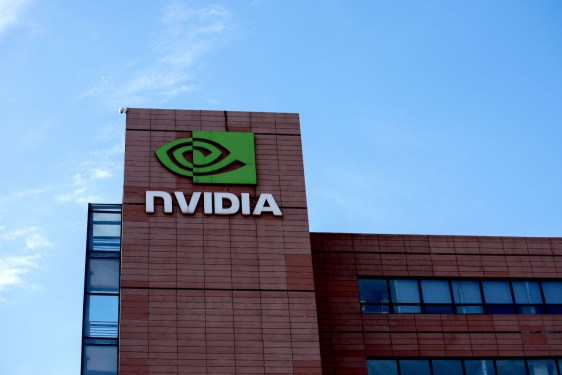Nvidia’s H20 AI Chips and Strategic Moves Amid Export Controls

Nvidia is making headlines as its CEO, Jensen Huang, navigates regulatory waters to secure the future of the company’s H20 AI chips. Recently, it emerged that Huang may have reached an understanding with the Trump administration to sidestep stringent export restrictions that could have jeopardized the sale of these advanced processing units to China.
The H20 chip is particularly notable, being one of the most sophisticated AI processors Nvidia has developed that remains eligible for export beyond U.S. borders. The administration’s reconsideration of these export limits is attributed to Huang’s commitment to invest in new AI data centers within the United States.
The implications of this arrangement are significant. The H20 chips, which are specially modified to lower performance thresholds compared to Nvidia’s elite offerings, have previously been used by DeepSeek, a Chinese firm responsible for training its R1 AI model. This model, launched earlier this year, garnered attention due to its impressive capabilities, outperforming many systems developed by American companies, including those by OpenAI.
Despite the apparent benefits for Nvidia, the arrangement raises eyebrows among lawmakers, leading to bipartisan calls for tighter restrictions on H20 exports. There were indications from the Trump administration that controls were imminent before their unexpected retreat, heightening concerns about U.S. competitiveness in the global AI arms race.
Moreover, other chip export regulations established under the Biden administration remain intact, which restrict AI chip exports to almost all non-U.S. entities, especially in adversarial nations like China and Russia. Nvidia described these ongoing regulations as “unprecedented and misguided,” warning they could hinder innovation across the tech landscape.
While various AI enterprises have aligned with the “America-first” narrative to curry favor with government policymakers, Nvidia’s actions and commitments may serve as a litmus test for future interactions between tech giants and the government. Since January, key players in the sector, including OpenAI and Microsoft, have pledged substantial investments in U.S. AI infrastructure, aiming to solidify their standing in an increasingly complex and competitive arena.
In a related maneuver, President Trump reportedly pressured manufacturers like TSMC to invest in domestic production, hinting that failing to comply could lead to severe financial penalties. As companies like Nvidia align their strategies with shifting governmental priorities, the trajectory of AI development in the U.S. promises to be a focal point in the ongoing geopolitical discourse.
